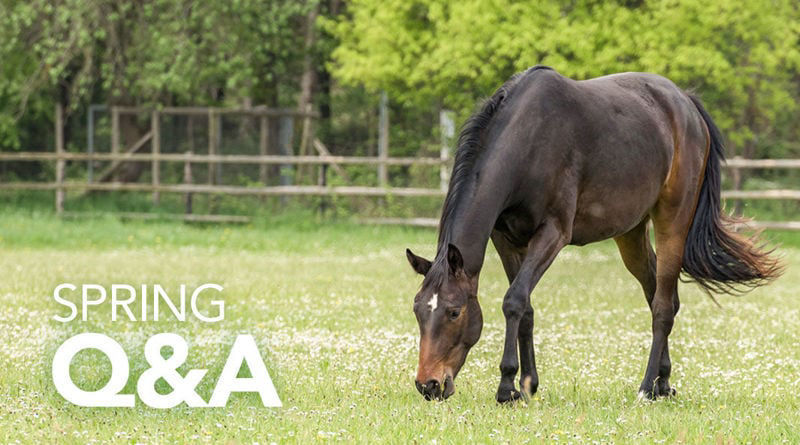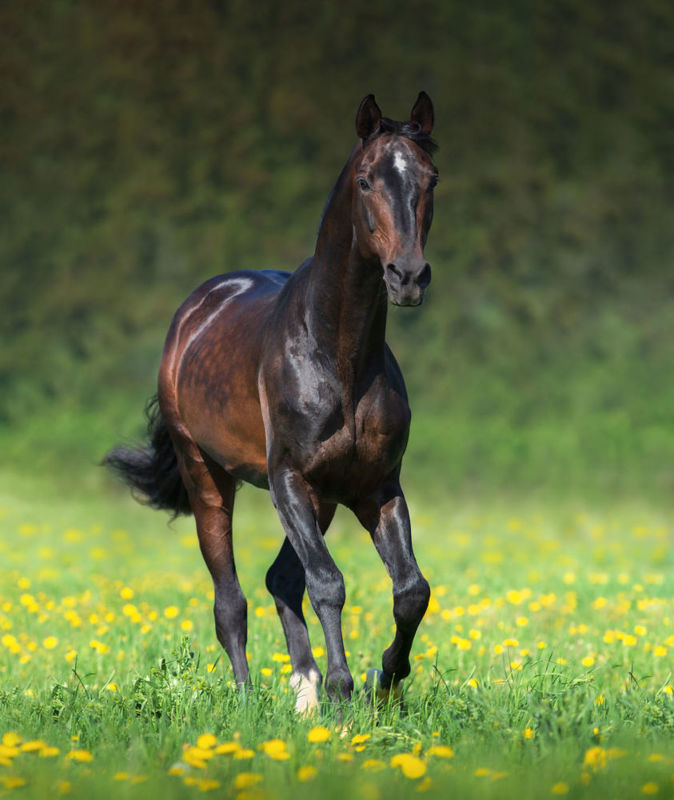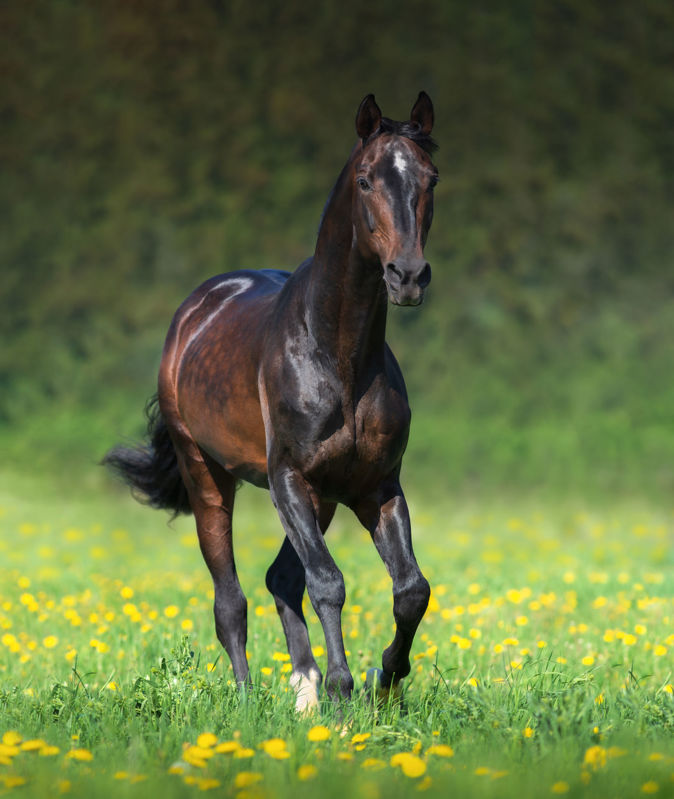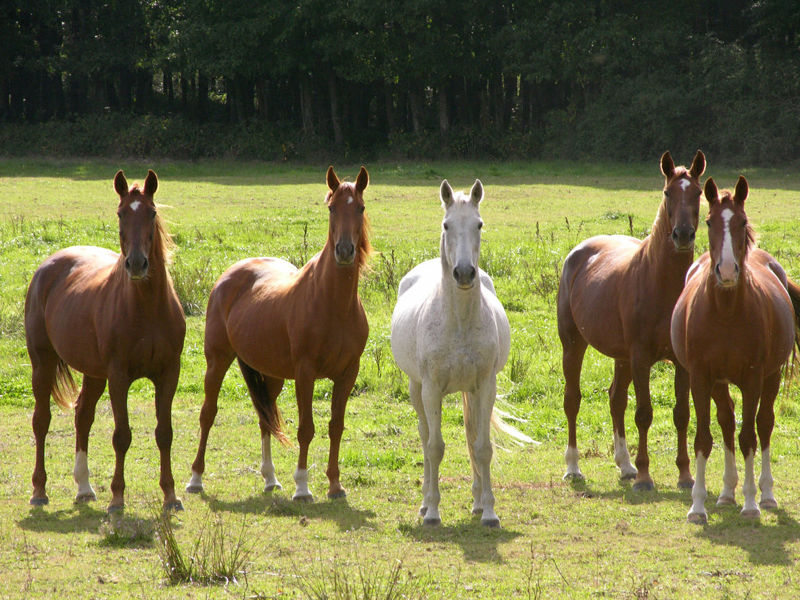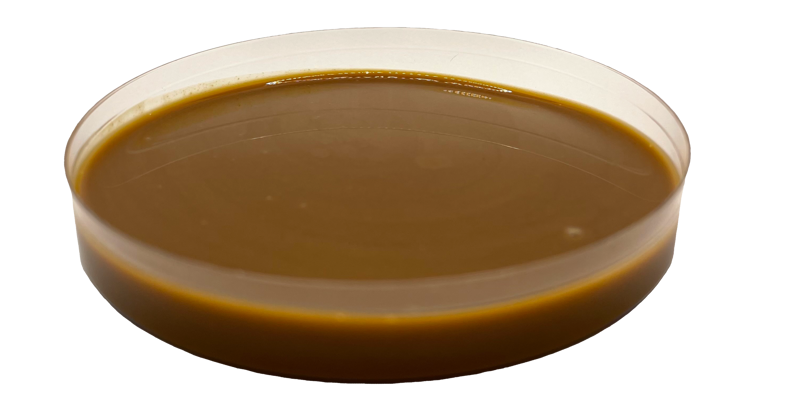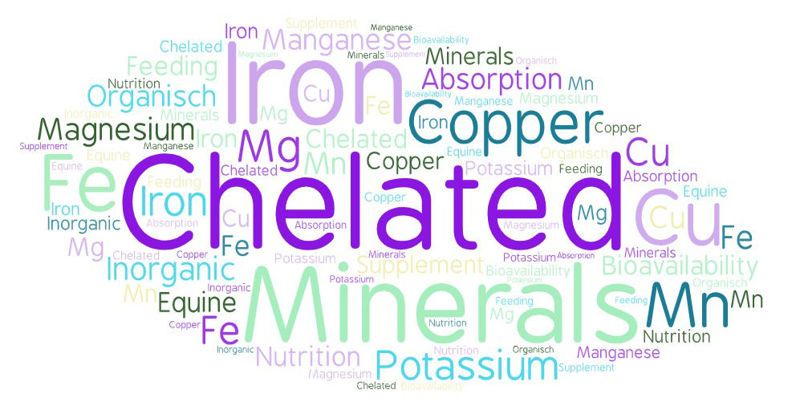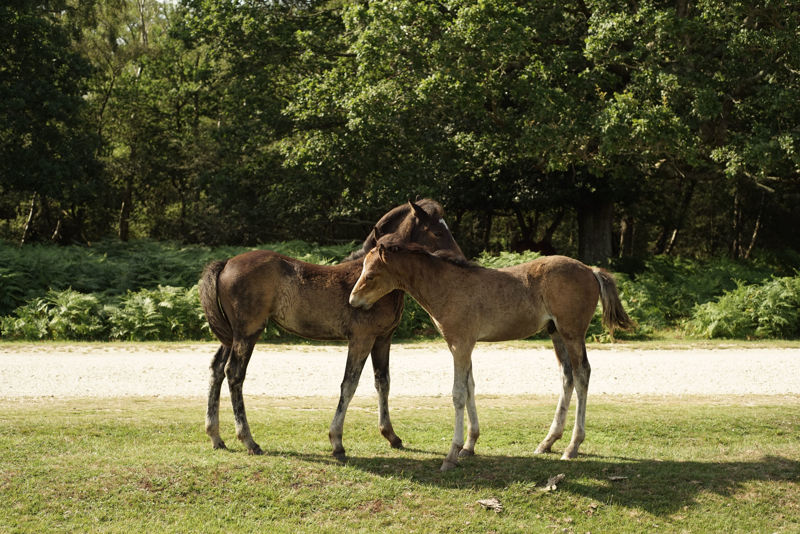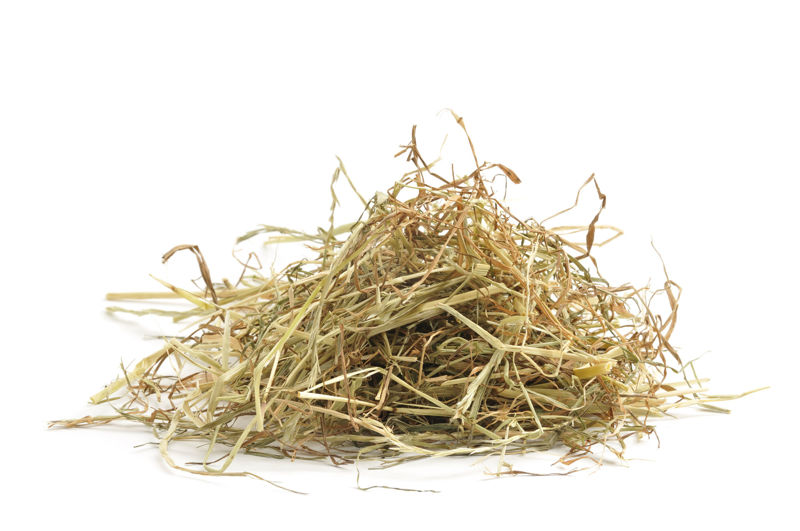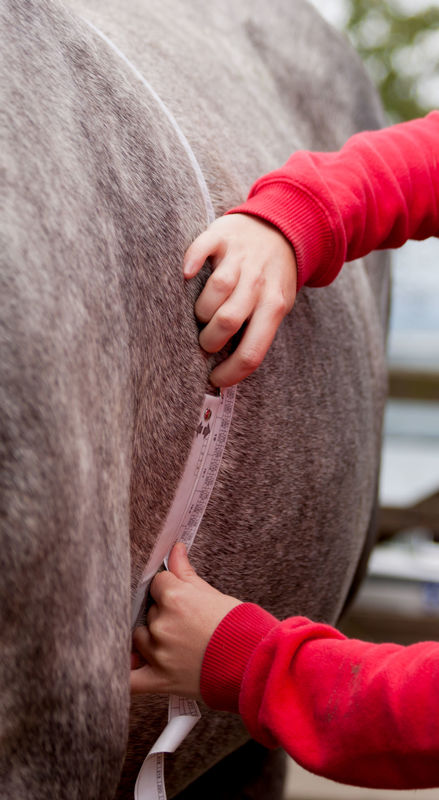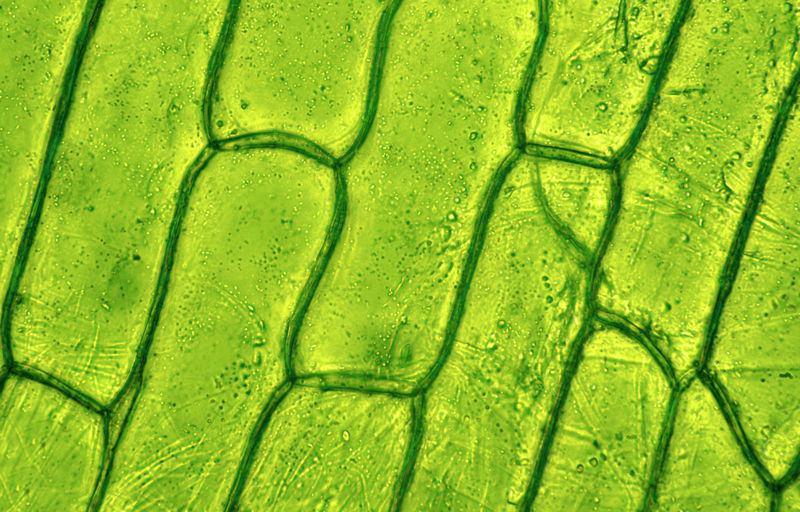As we head into spring, we are all looking forward to longer days and better weather which means we can do more with our horses. Our Registered Nutritionist Stephanie Hyland MSc. takes a look at some of the questions you have asked us about spring.
Horses are seasonal breeders and the breeding season for horses in the northern hemisphere generally lasts from April to October. Anouk Frieling, MSc Equine Sciences, BSc (Hons), discusses the nutrition of the stallion...
Horses are seasonal breeders and the breeding season for horses in the northern hemisphere generally lasts from April to October. Anouk Frieling, MSc Equine Sciences, BSc (Hons), discusses the nutrition of the stallion...
Feeding horses seems to have become a complicated business. This short article written by Dr. Stephanie Wood outlines the key points to consider when deciding what to feed your horse and in what quantities...
Essential fatty acids have become a common topic when discussing equine nutrition, mainly due to our increased understanding of their integration into cells and tissues, and their important functions in physiological processes. Dr. Stephanie Wood reviews the structure and function of essential fatty acids...
Minerals have important functions in the horse’s body and therefore are an essential part of the horses diet. Senior Nutritionist, Anouk Frieling investigates the benefits of chelated minerals in equine nutrition.
Feedmark Nutritionist, Abigail Malone, reviews the nutritional requirements of growing foals from weaning to twelve months.
Professor Murray and Dr. Daniels explore the different types of forage available, helping you to choose the best option for your horse this winter.
Dr. Stephanie Wood investigates the ways in which you can manage your horse's grass intake...
As horse managers we are aware that time at grass is important for our equine companions. Dr. Simon Daniels explores what is the real nutrient content of grass for horses.
